Rolls-Royce has signed its largest-ever contract with the UK Ministry of Defence (MoD), an eight-year agreement worth approximately £9 billion.
Dubbed the “Unity” contract, it encompasses the research, design, manufacture, and support of nuclear reactors that power the Royal Navy’s fleet of submarines, marking a significant milestone for the Defence Nuclear Enterprise.
The Unity contract consolidates previous agreements, streamlining collaboration between Rolls-Royce Submarines and the MoD. This approach aims to improve efficiency and enhance outcomes for the Royal Navy, ensuring long-term investment in skills, facilities, and jobs across the UK.
According to Rolls-Royce Submarines President Steve Carlier, the deal reflects the company’s “commitment to the Royal Navy and the Defence Nuclear Enterprise” while enabling proactive collaboration and innovation.
Boosting Jobs and Strategic Resilience
The agreement will create 1,000 new roles within Rolls-Royce Submarines, with most based in Derby and additional positions in newly announced satellite offices in Glasgow and Cardiff. It also secures 4,000 existing jobs, providing stability for the UK’s defence sector and its supply chain.
Defence Secretary John Healey highlighted the contract as a key component of the government’s defence industrial strategy, stating, “This investment in Britain’s defence will deliver a long-term boost to British business, jobs, and national security.”
Unity’s scope extends to supporting the in-service submarine fleet, the build and commissioning of the Dreadnought-class submarines, and the initial phases of the SSN-AUKUS programme. By fostering long-term relationships within the supply chain, the contract promises enhanced capabilities and economic benefits across the UK.
Sir Chris Gardner, CEO of the Submarine Delivery Agency, called the agreement a “key milestone” in the Rolls-Royce and MoD partnership, enabling “greater effectiveness, efficiency, and agility” while securing a pipeline of home-grown nuclear skills.




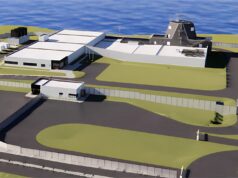
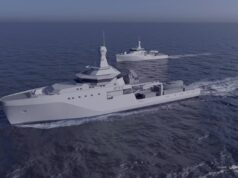
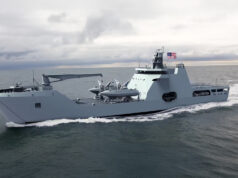
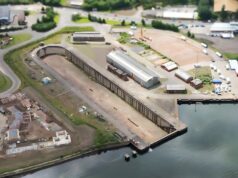
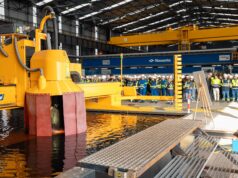
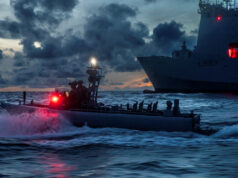

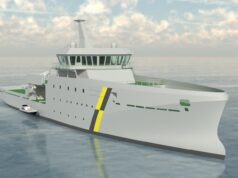

Great for Rolls Royce since the project will inevitably be inflated and they will probably pocket double
How is the weather n Moscow?
What? How is that relevant?it was in reference to the MoD’s track record. Not everything is related to moscow
Bit pointless then just parroting that line based on nothing but ‘oh well that’s the way it’s always been Blah. Blah. Blah’ I think. Offers nothing to the discussion or anything specific to this project and its merits which in contrast is vital to the future of the Country, defence and industry. Your comment just suggests we just shouldn’t invest in anything because it will just go up in cost as if that only happens here by the way. Yeah let’s just give up then, maybe it’s that attitude that actually holds us back.
He is suggesting that you are a Russian troll because you had the audacity to suggest UK defence projects are late and over budget 🤣
You mean like most other defence projects then. Yep let’s flagellate ourselves and put ourselves down all the time instinctively instead of trying to do better and offering ideas to do so shall we. What point is there in reality just mindlessly repeating and parroting such a negative message just so we can all feel mutually depressed.
buying British 👍👍
Not convinced it’s the biggest deal ever, maybe in money terms but during the ups,80s añd 90s how many new reactors did rolls Royce provide the MOD compared with now
Don’t forget that it will also include the Australian AUKUS reactors, so looking at 20 plus reactors…. 4 dreadnaught, 8 Australian plus hopefully 8 or 9 Astute replacements….
Good news for the jobs created and protected.
I have a few RR. shares in my ISA. They are down down 0.98% today (25 Jan 2025), so they market is obviously not blown away by this deal.
I think that immediately is tied to their Trent 1000 (?) engine reliability problems at the moment and the new reliability programme they are pursuing presently to solve it. Hopefully more positive news on that front to come. Not helped more widely by pretty much strategically years back getting out of the narrow body sector which worked well for them until Covid hit which has changed the balance between wide and narrow body aircraft sales. As such they are with their new Ultrafan design making moves to get back into less powerful engines as that engine design is claimed to be not o ly very efficient but extremely scalable too. So markets are balancing risk against potential at the moment.
People wonder where the U.K. defence budget goes. Nuclear is super expensive. Take off that and all the stuff that was added since 2010 and the leftover budget is probably 1.4% of gdp.
Somewhat related to Lisa’s article above, TWZ has an interesting item on the Dreadnought project.